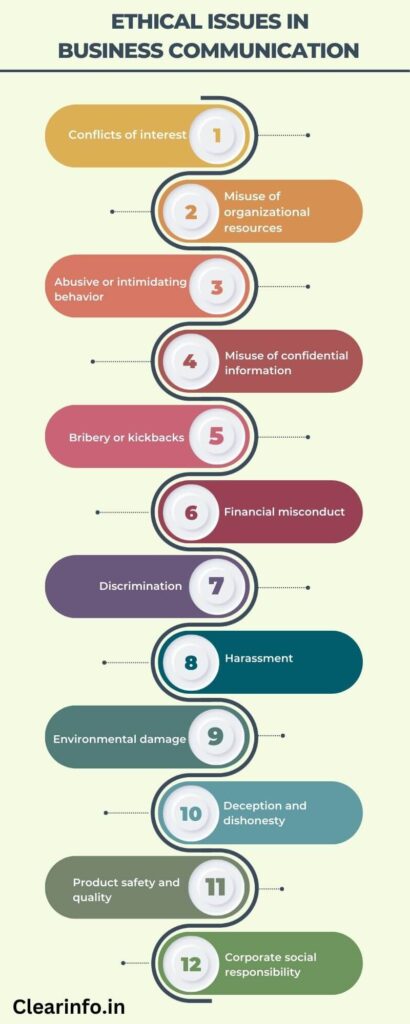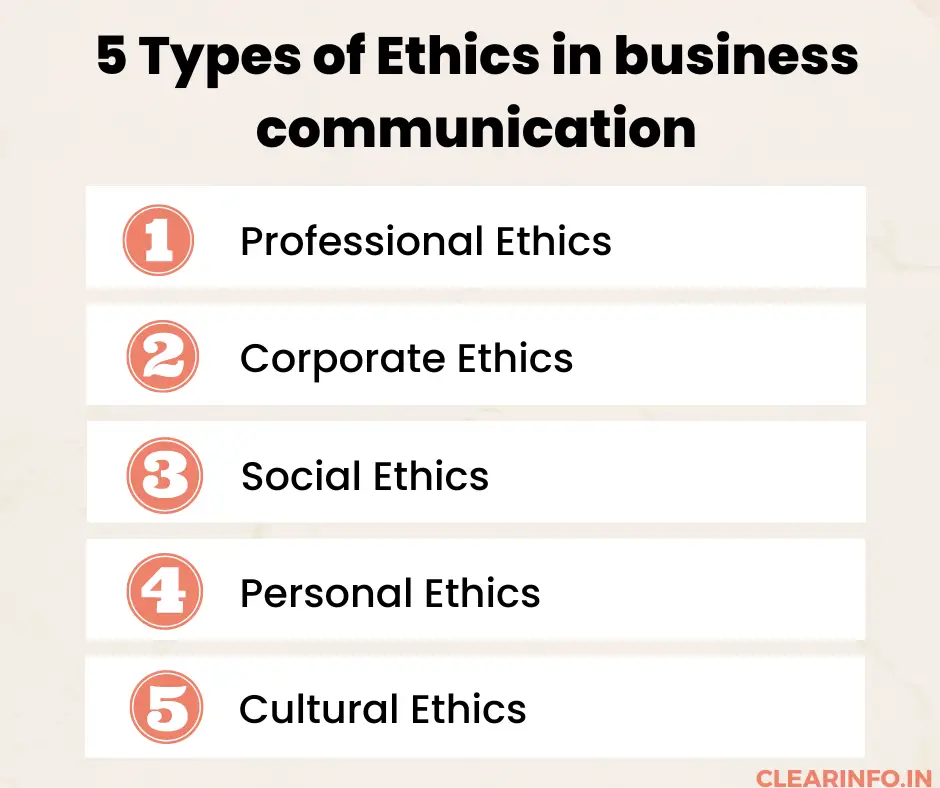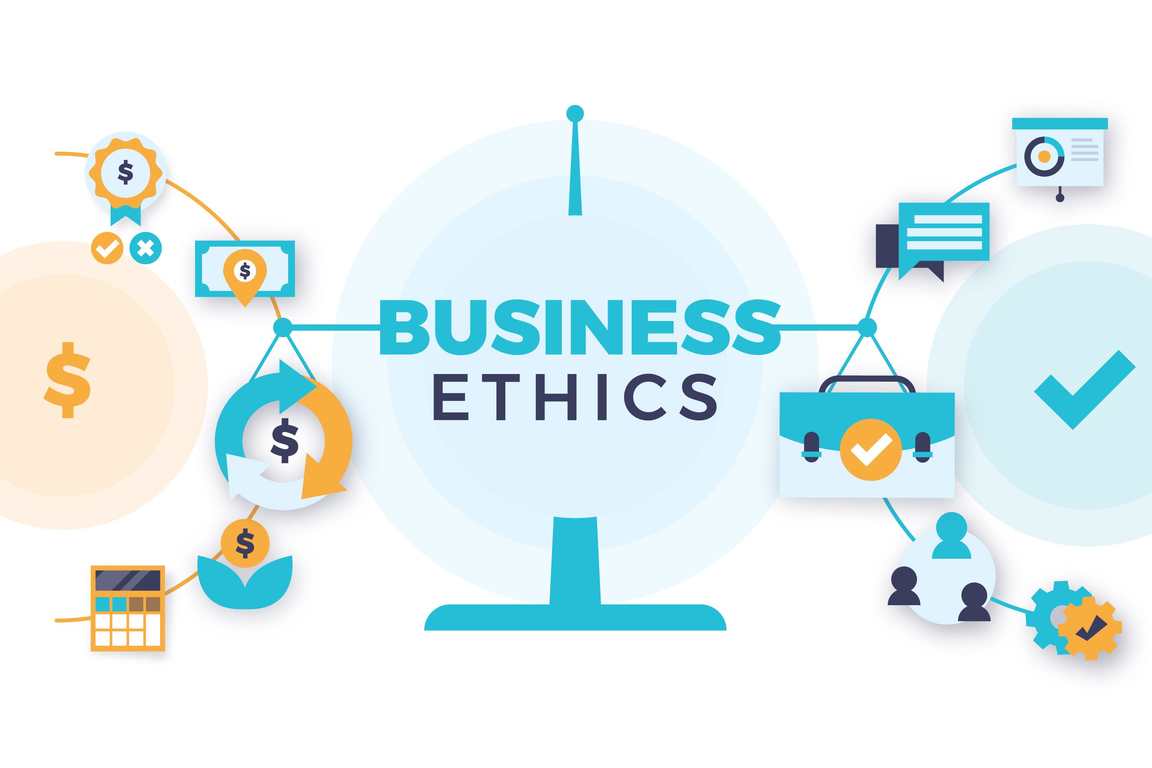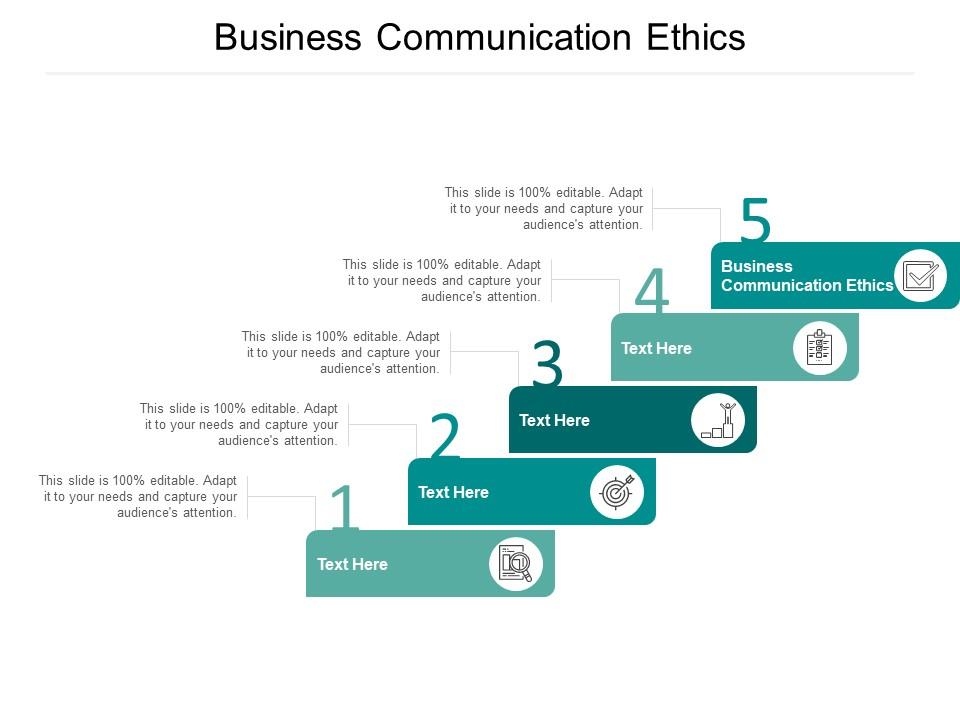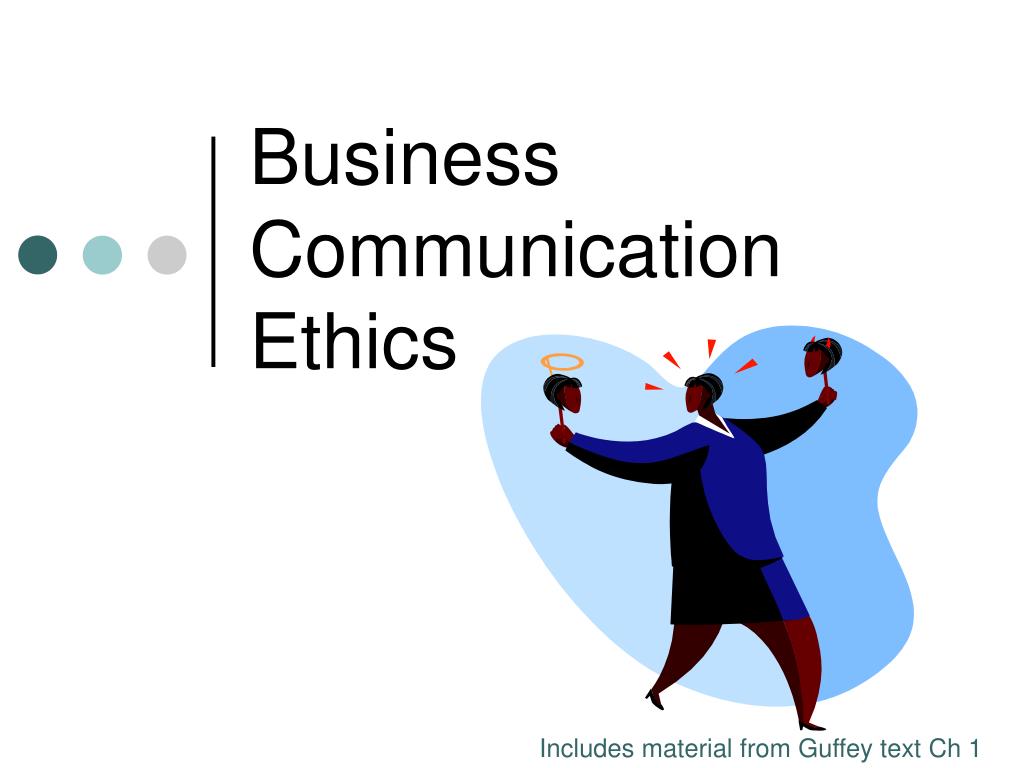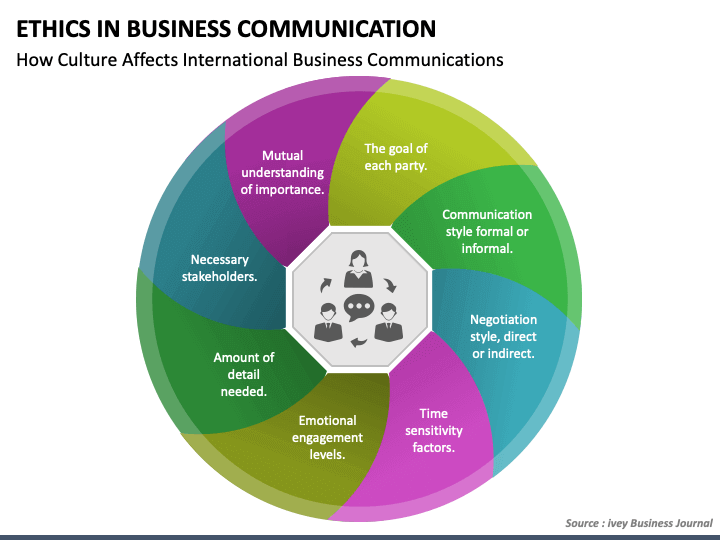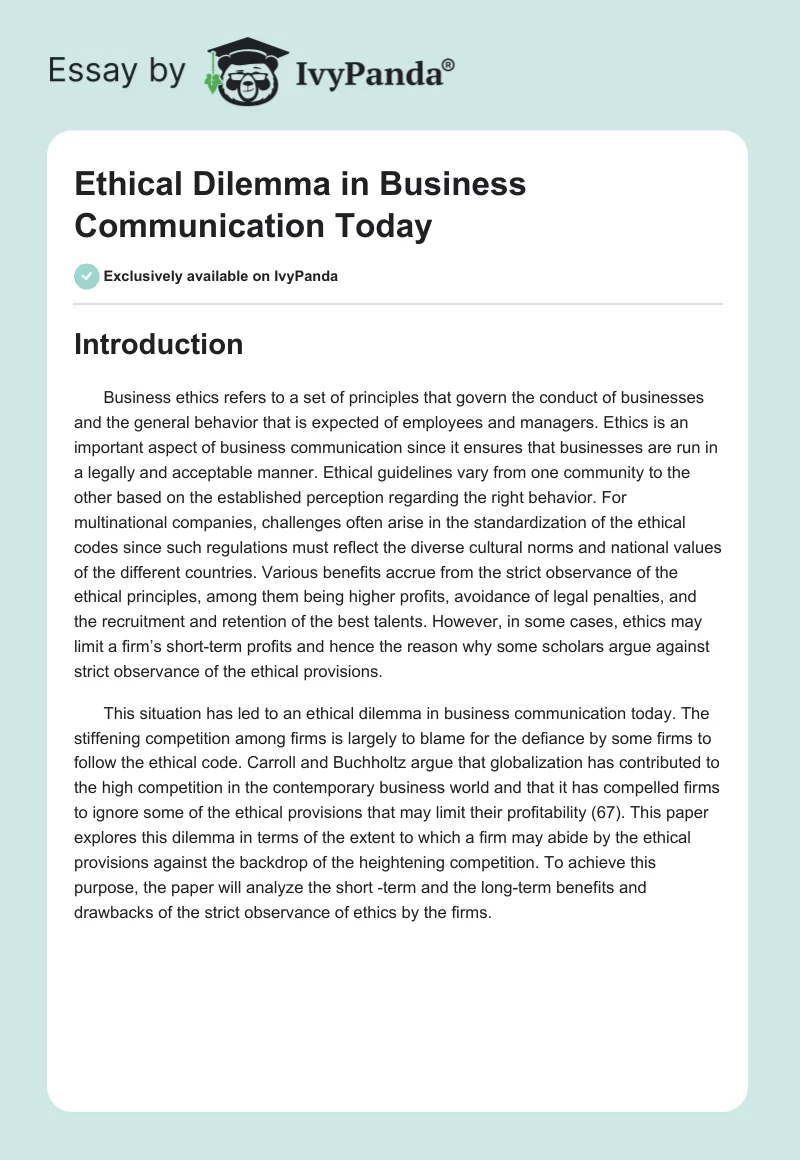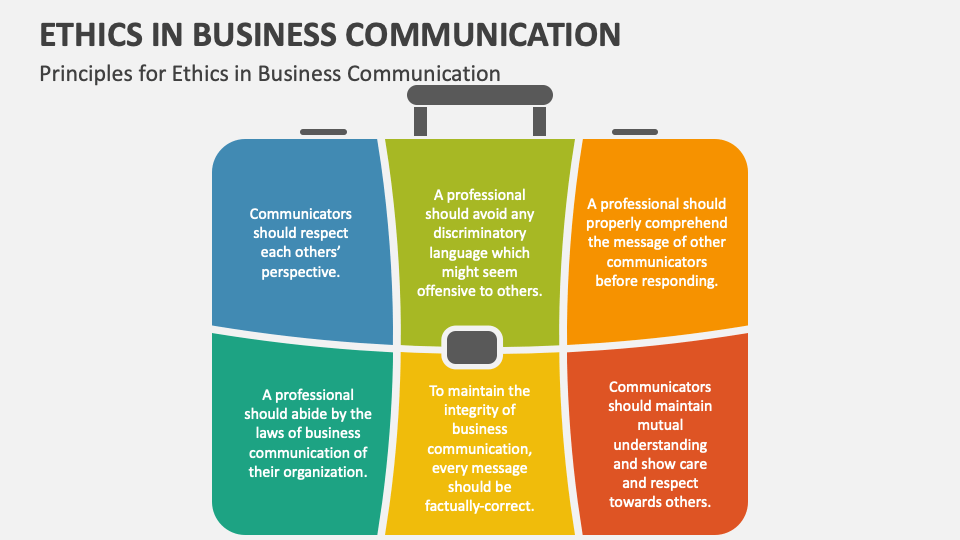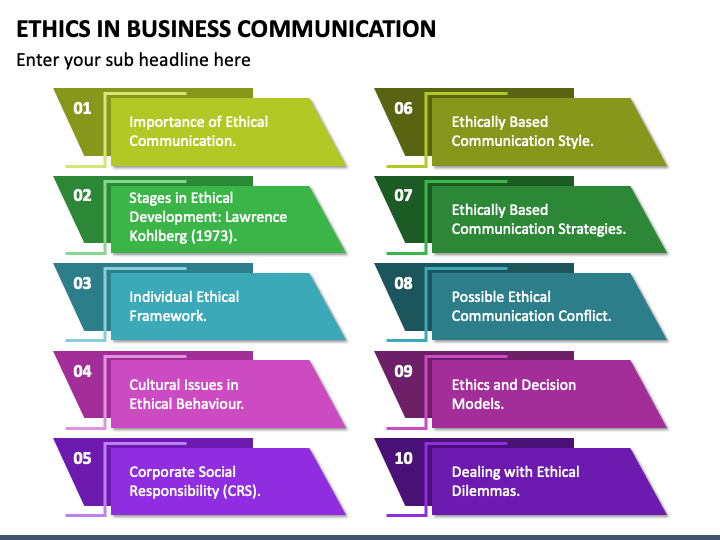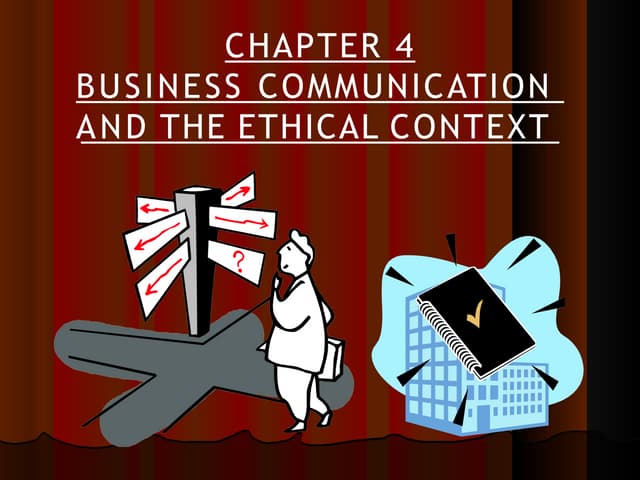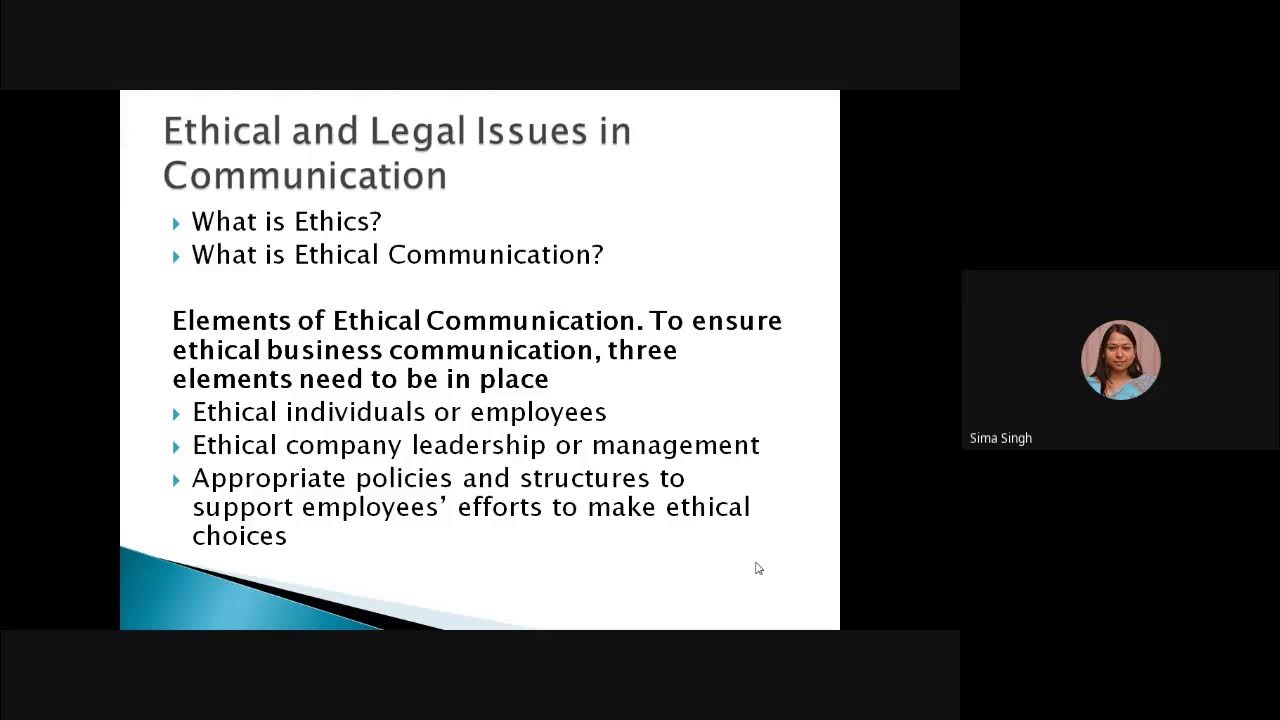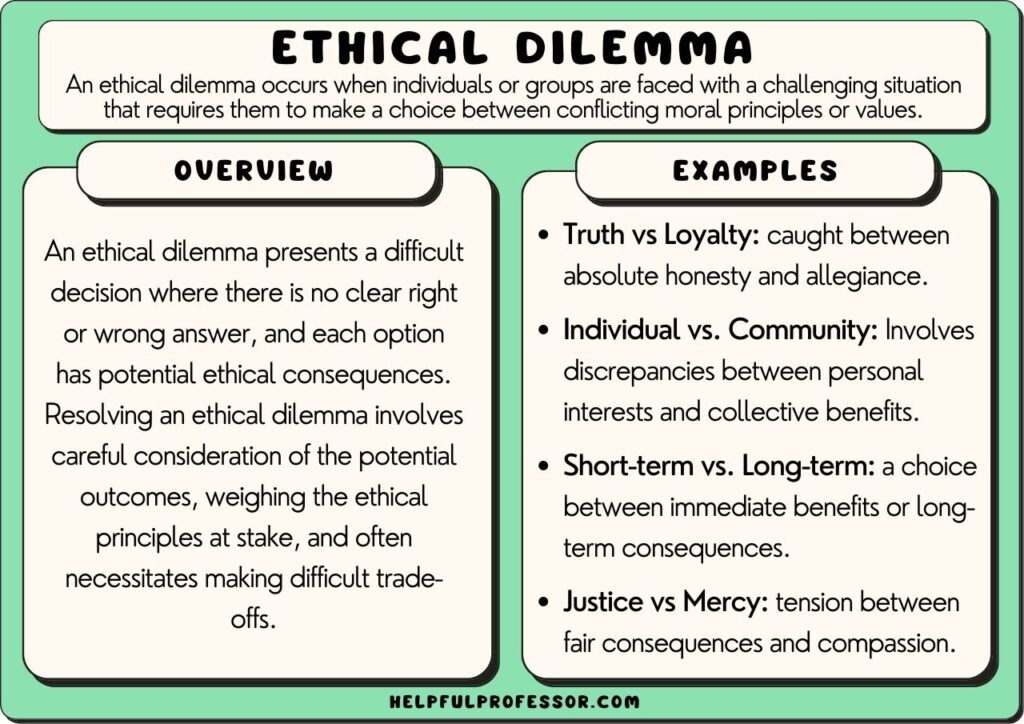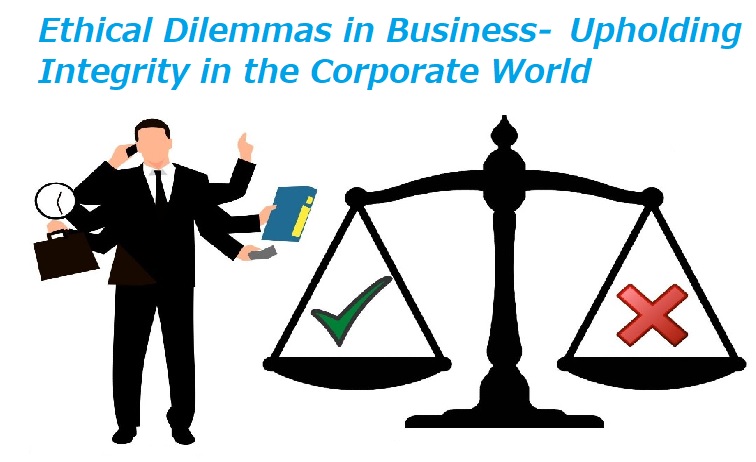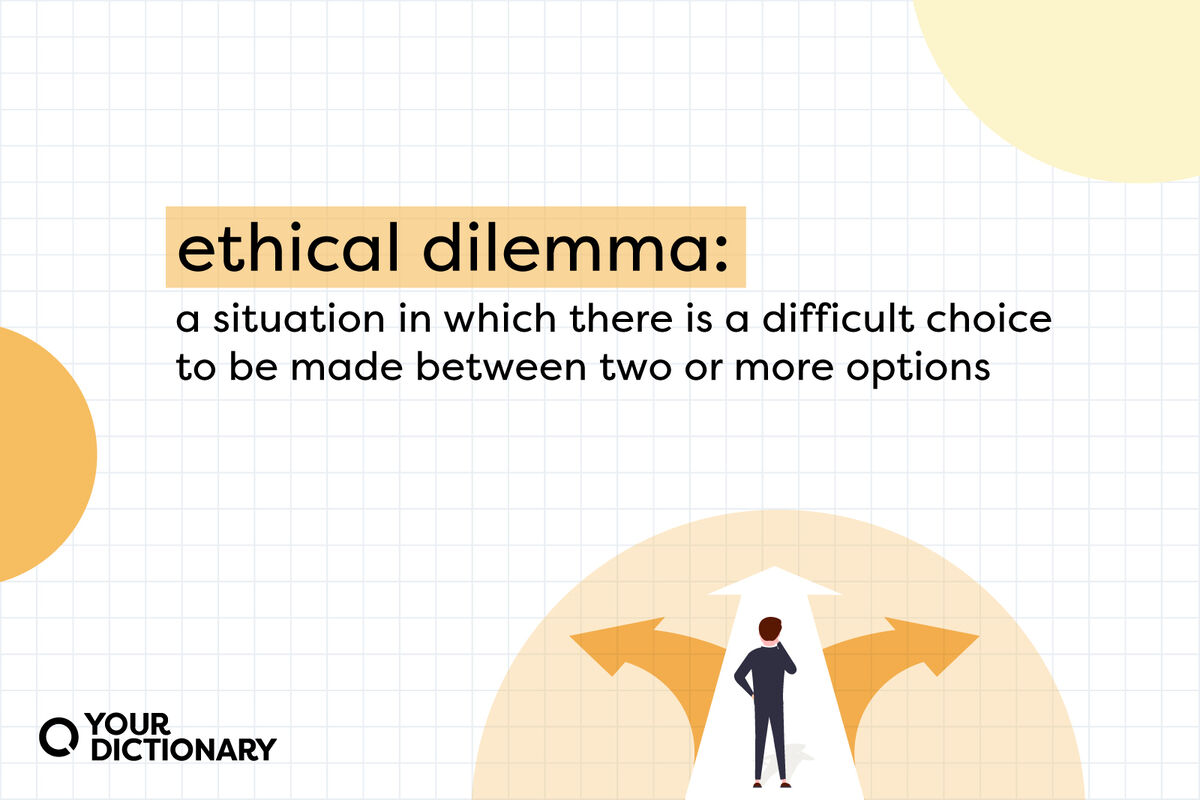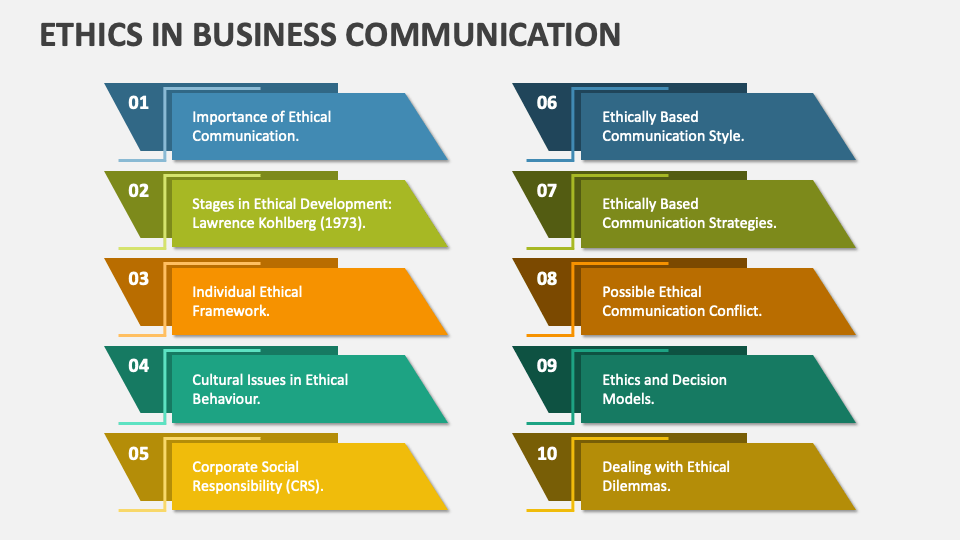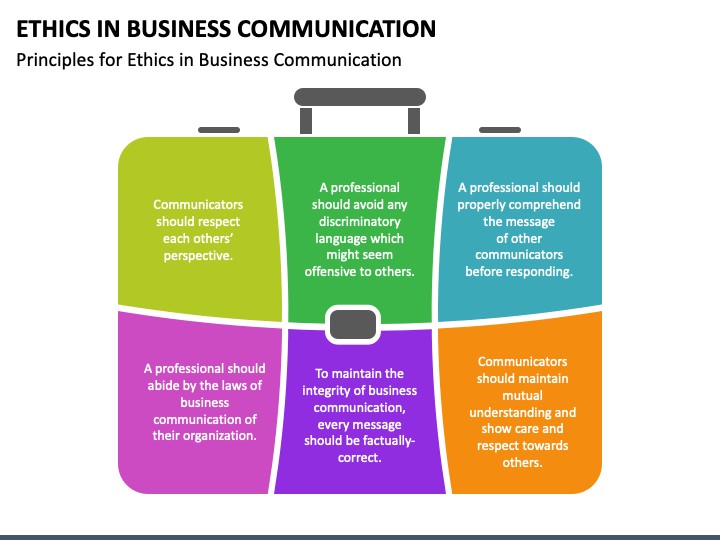Ethical Dilemmas In Business Communication
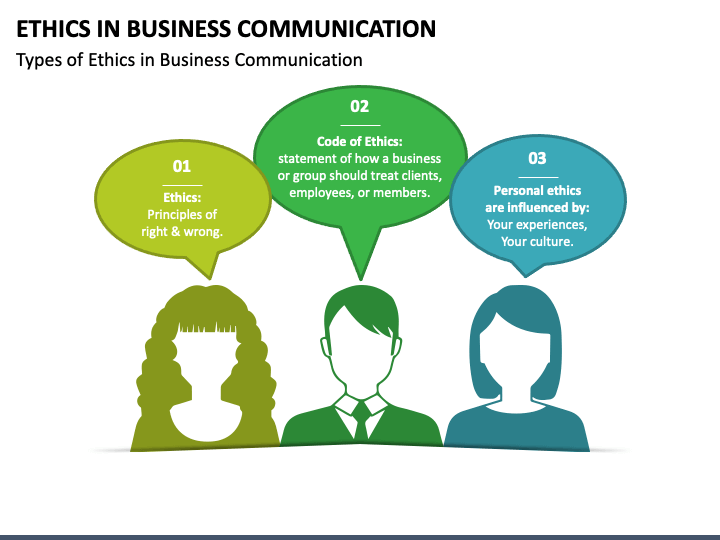
In the high-stakes world of business, clear and effective communication is paramount. However, the drive for profit and success can often lead to ethical gray areas, creating dilemmas that test the moral compass of individuals and organizations alike.
This article explores some of the most pressing ethical dilemmas in business communication today, examining their implications for stakeholders and the broader societal landscape. Understanding these challenges is crucial for fostering a culture of integrity and responsible business practices.
The Rise of Misleading Marketing
Marketing, at its core, aims to persuade consumers to purchase goods or services. But where is the line between effective persuasion and deceptive manipulation?
A growing concern is the prevalence of misleading advertising, where companies exaggerate product benefits or omit crucial information. This can range from subtle embellishments to outright falsehoods, eroding consumer trust and creating unfair competition.
For example, the Federal Trade Commission (FTC) has increasingly scrutinized "greenwashing," where companies falsely portray their products as environmentally friendly. According to the FTC's "Green Guides," businesses must have substantiation for their environmental claims.
Internal Communication and Whistleblowing
Ethical dilemmas also arise within organizations, particularly concerning transparency and accountability. What happens when employees witness unethical behavior, such as fraud or safety violations?
The decision to blow the whistle can be fraught with risk, as employees may face retaliation from their employers. However, remaining silent can perpetuate harm and undermine the public interest.
The Sarbanes-Oxley Act, enacted in response to corporate scandals like Enron, provides some protection for whistleblowers in publicly traded companies. It also establishes requirements for internal controls and financial reporting.
Cross-Cultural Communication Challenges
In today's globalized economy, businesses often interact with diverse cultures, each with its own values and norms. This can lead to ethical misunderstandings and conflicts.
For example, practices that are considered acceptable in one culture, such as gift-giving or preferential treatment, may be seen as bribery or corruption in another. Navigating these differences requires cultural sensitivity and a commitment to ethical principles.
"Businesses must be aware of the cultural context in which they operate and adapt their communication strategies accordingly," says Dr. Anya Sharma, a professor of international business ethics. "A one-size-fits-all approach is simply not viable."
Social Media and the Spread of Misinformation
Social media has revolutionized the way businesses communicate, but it has also created new ethical challenges. The ease with which information can be disseminated, combined with the spread of fake news and disinformation, poses a significant threat.
Companies must be vigilant in monitoring their online presence and addressing misinformation that could damage their reputation or harm consumers. This requires a proactive approach to social media management and a commitment to transparency.
Research from the Pew Research Center indicates that a significant portion of the public struggles to distinguish between factual and false information online. This highlights the importance of media literacy and critical thinking skills.
The Impact on Stakeholders
Ethical lapses in business communication can have far-reaching consequences for stakeholders, including employees, customers, investors, and the community at large. Damage to reputation, financial losses, and erosion of trust are just some of the potential repercussions.
Consumers are increasingly demanding that businesses operate ethically and transparently. Companies that prioritize ethical communication are more likely to build strong relationships with stakeholders and achieve long-term success.
Ultimately, ethical business communication is not just a matter of compliance; it is a fundamental aspect of corporate social responsibility. It requires a commitment to honesty, fairness, and respect for all stakeholders.
